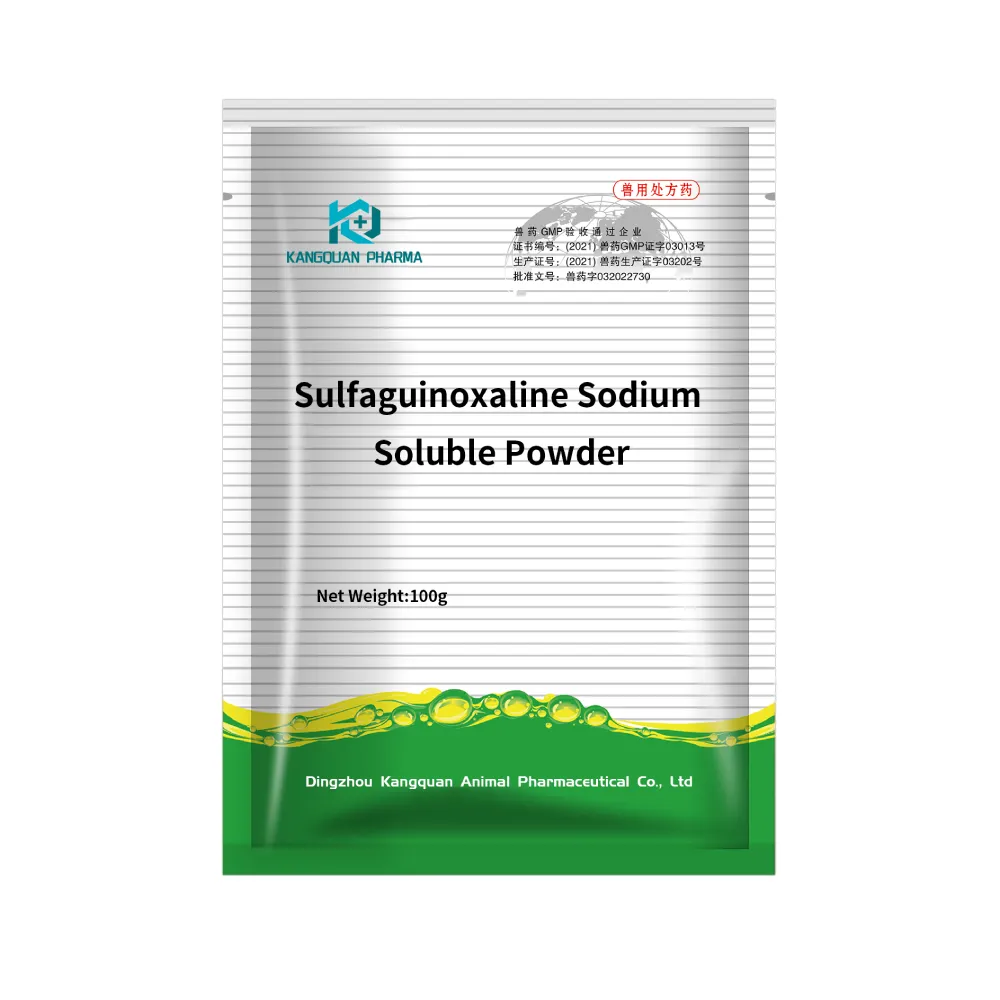- Afrikaans
- Albanian
- Amharic
- Arabic
- Armenian
- Azerbaijani
- Basque
- Belarusian
- Bengali
- Bosnian
- Bulgarian
- Catalan
- Cebuano
- Corsican
- Croatian
- Czech
- Danish
- Dutch
- English
- Esperanto
- Estonian
- Finnish
- French
- Frisian
- Galician
- Georgian
- German
- Greek
- Gujarati
- Haitian Creole
- hausa
- hawaiian
- Hebrew
- Hindi
- Miao
- Hungarian
- Icelandic
- igbo
- Indonesian
- irish
- Italian
- Japanese
- Javanese
- Kannada
- kazakh
- Khmer
- Rwandese
- Korean
- Kurdish
- Kyrgyz
- Lao
- Latin
- Latvian
- Lithuanian
- Luxembourgish
- Macedonian
- Malgashi
- Malay
- Malayalam
- Maltese
- Maori
- Marathi
- Mongolian
- Myanmar
- Nepali
- Norwegian
- Norwegian
- Occitan
- Pashto
- Persian
- Polish
- Portuguese
- Punjabi
- Romanian
- Russian
- Samoan
- Scottish Gaelic
- Serbian
- Sesotho
- Shona
- Sindhi
- Sinhala
- Slovak
- Slovenian
- Somali
- Spanish
- Sundanese
- Swahili
- Swedish
- Tagalog
- Tajik
- Tamil
- Tatar
- Telugu
- Thai
- Turkish
- Turkmen
- Ukrainian
- Urdu
- Uighur
- Uzbek
- Vietnamese
- Welsh
- Bantu
- Yiddish
- Yoruba
- Zulu
Dec . 13, 2024 00:46 Back to list
ivermectin and albendazole oral suspension uses
Ivermectin and Albendazole Oral Suspension Uses and Benefits
In the realm of modern medicine, the development and application of antiparasitic medications have revolutionized the treatment of various infectious diseases. Two of the most prominent drugs in this category are Ivermectin and Albendazole. These medications, particularly in their oral suspension forms, are widely used for the management of a range of parasitic infections. This article explores the uses, mechanisms of action, benefits, and considerations for Ivermectin and Albendazole oral suspensions.
Understanding the Medications
Ivermectin is an antiparasitic agent that works by binding to the chloride channels in parasites, leading to paralysis and eventual death of the organism. It is effective against various types of parasites, including those that cause onchocerciasis (river blindness), lymphatic filariasis, scabies, and strongyloidiasis.
Albendazole, on the other hand, is a broad-spectrum anthelmintic that disrupts the metabolism of helminths (worms) by inhibiting their capacity to absorb glucose, thereby leading to energy depletion and death. It is particularly effective against a wide range of intestinal worms, including those responsible for nematode infections such as ascariasis and enterobiasis, as well as cestodes such as echinococcosis.
Uses in Public Health
The combination of Ivermectin and Albendazole in an oral suspension has significant public health implications, especially in low- and middle-income countries where parasitic infections are prevalent. The World Health Organization (WHO) recommends mass drug administration (MDA) programs that often include these medications, aiming to control and eliminate neglected tropical diseases.
1. Soil-Transmitted Helminth Infections Both medications are highly effective in treating infections caused by soil-transmitted helminths, which affect millions of people globally. Albendazole is routinely used in schools to treat children and reduce morbidity associated with worm infestations.
2. Lymphatic Filariasis Ivermectin, often combined with Albendazole, plays a crucial role in the global effort to eliminate lymphatic filariasis. This dual therapy not only improves treatment outcomes but also reduces transmission rates of the disease.
3. Onchocerciasis Ivermectin is the treatment of choice for onchocerciasis, and its distribution is integral to specific control programs aimed at reducing the incidence of this debilitating condition that can lead to blindness.
4. Scabies and Other Ectoparasites Ivermectin's effectiveness against ectoparasites, including scabies, makes it valuable in managing outbreaks in community settings. Topical treatments may not always suffice, and oral administration can ensure broader coverage, especially in severe cases.
Advantages of Oral Suspension
ivermectin and albendazole oral suspension uses

The oral suspension form of Ivermectin and Albendazole offers several advantages
- Ease of Administration The liquid formulation is particularly beneficial for children and individuals who may have difficulty swallowing pills. This enhances compliance, ensuring that more patients complete their treatment regimens.
- Dosing Flexibility Oral suspensions allow for easier adjustment of doses according to the patient’s weight, which is crucial in pediatric populations and when precise dosing is necessary due to the severity of infections.
- Accessibility In many health systems, suspensions can be easier to distribute and store compared to tablets, simplifying the implementation of mass drug administration campaigns.
Considerations and Safety
While Ivermectin and Albendazole are generally well-tolerated, there are some considerations to keep in mind
- Adverse Effects Common side effects can include gastrointestinal disturbances, dizziness, and fatigue. In large doses, there is potential for more serious adverse reactions, though they are rare.
- Contraindications Ivermectin should be avoided in individuals with a known allergy to the drug and should be used cautiously in pregnant or breastfeeding women, while Albendazole is contraindicated in pregnancy unless the benefits outweigh the risks.
- Drug Interactions Health care providers must be vigilant about potential interactions with other medications that patients may be taking, ensuring a safe and effective treatment regimen.
Conclusion
In conclusion, Ivermectin and Albendazole oral suspensions represent crucial tools in the fight against parasitic infections. Their broad spectrum of activity, along with ease of administration, makes them invaluable in public health efforts aimed at alleviating the burden of neglected tropical diseases. As we continue to explore innovative ways to combat these infections, the role of these medications remains pivotal in improving global health outcomes. Through dedicated efforts and effective utilization of these treatments, we can hope to witness a significant decline in the prevalence of parasitic diseases worldwide.
-
Guide to Oxytetracycline Injection
NewsMar.27,2025
-
Guide to Colistin Sulphate
NewsMar.27,2025
-
Gentamicin Sulfate: Uses, Price, And Key Information
NewsMar.27,2025
-
Enrofloxacin Injection: Uses, Price, And Supplier Information
NewsMar.27,2025
-
Dexamethasone Sodium Phosphate Injection: Uses, Price, And Key Information
NewsMar.27,2025
-
Albendazole Tablet: Uses, Dosage, Cost, And Key Information
NewsMar.27,2025













